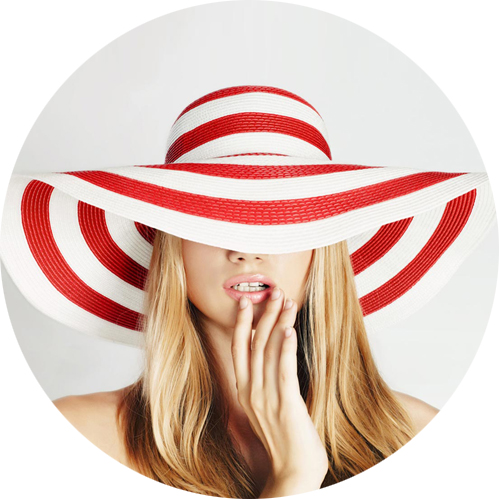There are few things more blissful in this world than enjoying a soak in an authentic onsen bath after a day of skiing in snowy Japan. If you’re visiting Japan for the first time, heading to a traditional bath might seem more than a little daunting – how will you know how to act? After getting over those initial trepidations, though, most people credit bathing in an onsen as one of the highlights of their time in Japan. Which is why we’re here to help. Check out our guide to the most important aspects of Japanese onsen etiquette.
Yes, you do have to get naked
Depending on your culture, this bit might be biggest obstacle standing in the way of your first onsen visit. Most onsens require patrons to go fully nude and no, swimsuits are not allowed. It might take a little getting used to, but after only a few minutes of nobody giving a damn of what you look like in the buff most foreigners already feel at ease. Most onsens provide a towel either free of charge or for a small rental fee and if you feel modest, you can cover yourself while walking to the water. Just remember that is considered very bad onsen etiquette to let the towel touch the water!
If you really can’t, well, bare to bare it all (even in front of members of the same sex), you might want to consider booking a private onsen – more on that later.
No, you don’t have to get naked in front of the opposite sex
Nearly all public onsens in Japan are gender segregated, so you don’t have to worry about parading around naked in front of the opposite sex. You’ll generally only find mix gender onsens in rural areas where tourists are less likely to stumble anyhow. The most famous exception is the Takaragawa Onsen in Minakami, which boasts the biggest open-air bath in Japan.

Always shower before bathing
Bathing in an onsen is less about getting scrubbed up from the daily grime and more about relaxing and rejuvenation. This is why patrons are expected to shower before entering the actual bath. You’re supposed to sit on one of the small stools provided while showering – standing up is considered bad onsen etiquette. Soap and shampoo are usually provided. Just remember to thoroughly rinse out all products before getting into the bath. It’s also a good idea to tie your hair back before entering the bath so as to not leave unsightly hairballs floating in the communal waters.
Tattoos are a no-no
This is one of the trickiest parts of onsen etiquette for foreigners. You’ve probably heard murmurings and yes, it’s true: tattoos are still considered a cultural taboo in Japan. Though attitudes are changing and young people are beginning to sport more ink in Japan, people still tend to associate tattoos with the local mafia (yakuza). Needless to say, these connotations are far from flattering. Even if you’re a foreigner, visible tattoos usually mean you’ll be denied entry to practically all public onsens. Some onsens actually have big signs at the entrance stating, “NO TATTOOS.” Which brings us to our next point…
Consider a private onsen
If you are sporting some visible ink or simply prefer to enjoy a soak in private, it’s also possible to book an onsen all to yourself. Do some research beforehand and look for inns which allow you to book a private bath known as kashikiri. This is a popular option for families and couples, as onsens tend to have separate sections for men and women. If you’re spending the night in the mountains, some chalets also have a private onsen, meaning you can enjoy a private dip anytime you feel like it.
Remember that it’s about healing and relaxation
Visiting an onsen is one of the most relaxing experience you can have in Japan – or anywhere on the planet for that matter. To make sure everyone at the onsen can have the same blissful experience, it’s considered good onsen etiquette to keep your voice down, though polite chatting is totally ok. Most public onsens don’t allow the consuming of alcohol while bathing, so it’s best to head out for a nightcap afterwards.

Ministry of Villas offers chalets in Niseko and Hakuba. Our service goes beyond what you see online – our concierge will help you arrange transfers, ski hire, snowboard hire, lessons and lift passes before your trip. Contact our team to find out more.

